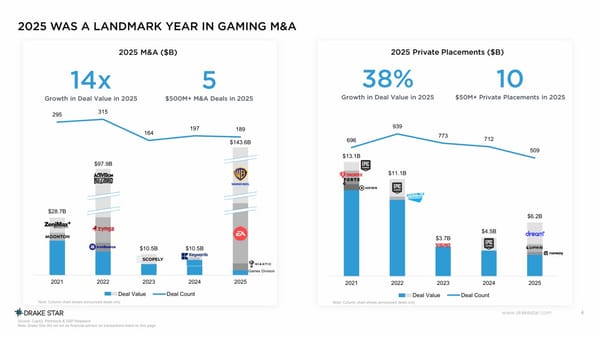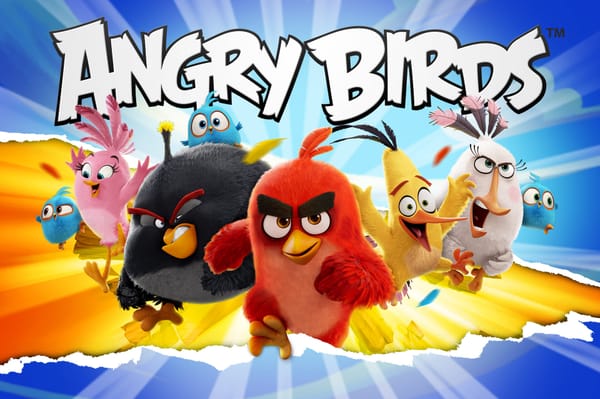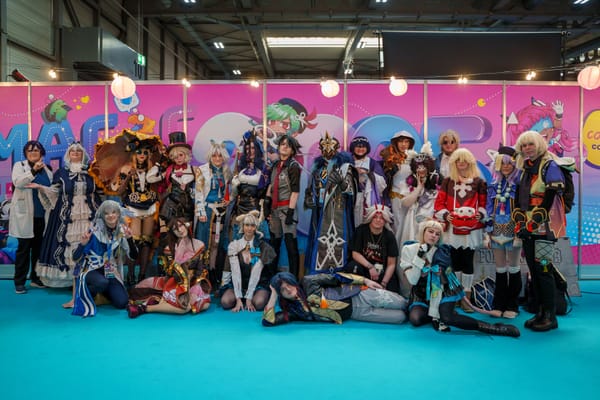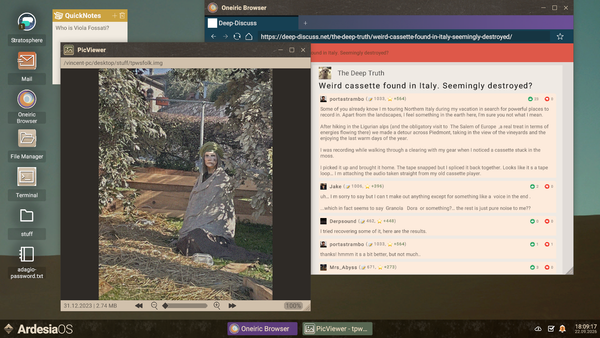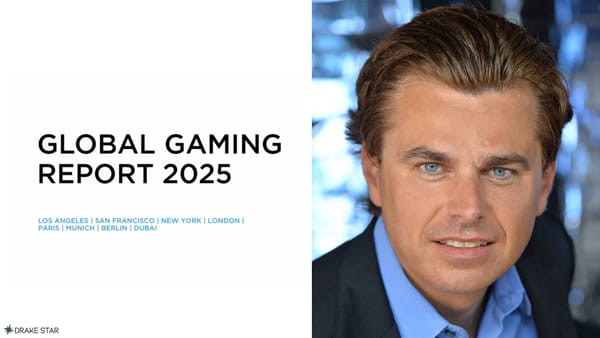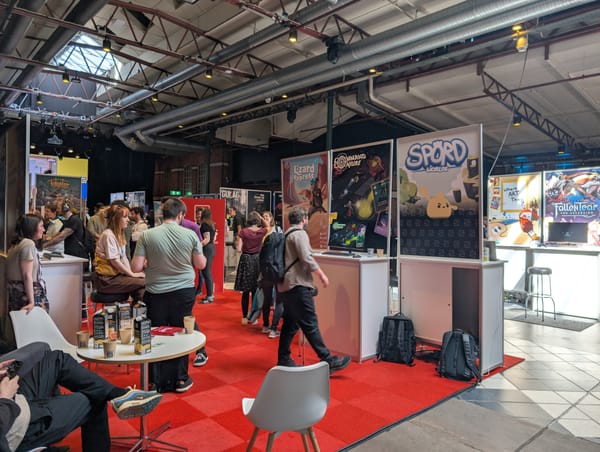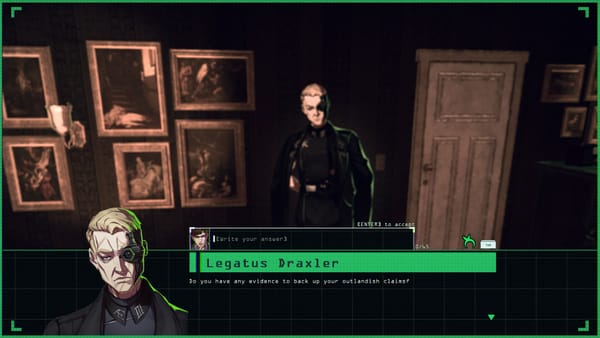DPMA Gives Green Light to Collecting Society for Game Devs and Publishers



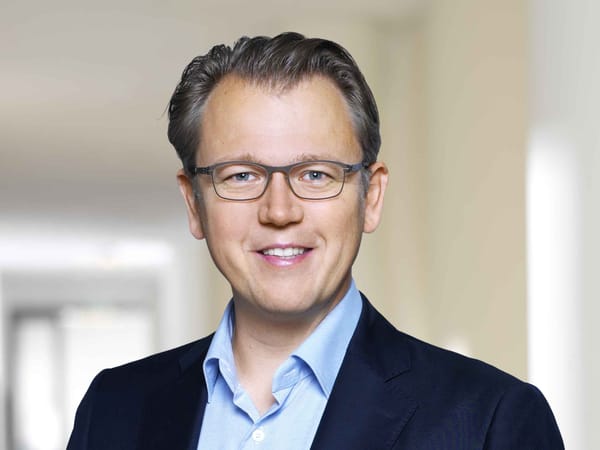
Founded in May 2023, the VHG collecting society has now received permission to operate from the German Patent and Trademark Office, which has state supervision over all collecting societies in Germany. VHG, a subsidiary of the game association, is the first new licensee in 11 years.
It took patience, but now the game association has reached his goal with another project that promises financial added value for game developers and publishers. After two years of review, the VHG collecting society for game manufacturers has received permission from the Deutsches Patent- und Markenamt (DPMA; German Patent and Trade Mark Office) to conduct business.
The DPMA is not only responsible for authorizing the business operations of collecting societies, but also supervises them. In Germany, there are a total of 14 such societies, including the VHG. The last society to be authorized was 11 years ago.
Like all collecting societies, VHG acts as a trustee and offers its services to both game developers and publishers. The purpose of the VHG is to assert the remuneration claims of computer game manufacturers granted by law. Such claims may exist if screenshots, film recordings, or recordings of game actions are made for private purposes. Game companies cannot assert these claims without a collecting society.
VHG was founded (in German) as a subsidiary of the game association. Christian-Henner Hentsch, the association's legal advisor, is the managing director. GamesMarkt conducted an interview with him (in German) when the company was founded. "Many gaming companies are fundamentally critical of the private copying royality system. Little has changed in this regard in recent years", Hentsch told GamesMarkt. "Therefore, there has always been hope that this system would be reformed. However, as things stand at present, these hopes are unrealistic, as the current system is too deeply entrenched in German and European law. A fundamental modernization is not currently in sight."
It was therefore pragmatic to establish the VHG so that game companies could receive the funds to which they are entitled under the private copying levy system. Otherwise, these funds would have been diverted to other media industries.
According to Hentsch, gaming companies could have joined other collecting societies instead. However, the game members decided to set up their own society instead. The industry itself has important levers at its disposal here. This is because collecting societies are not without controversy among users. GEMA in particular is repeatedly criticized because it insists on a licensing model that is legally possible but, in the case of YouTube, for example, means that a lot of content is not available in Germany. The VHG does not intend to use such a licensing model. Instead, it wants to participate in the levies that manufacturers of storage media, for example, have to pay anyway.
Never miss anything from the German, Swiss and Austrian games industry again: subscribe for free to our Daily newsletter and get all news straight to your inbox.
